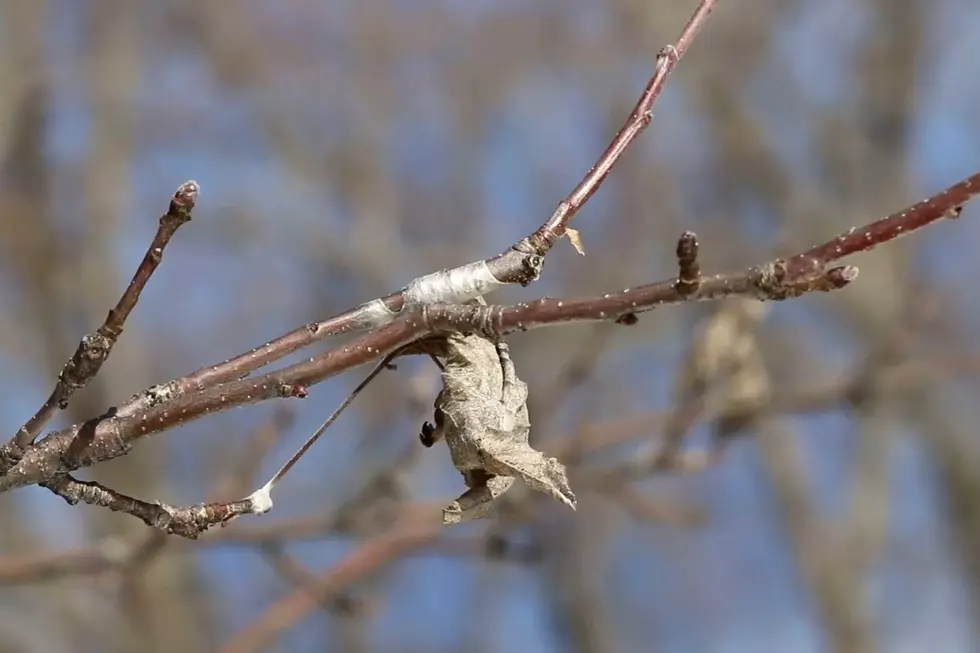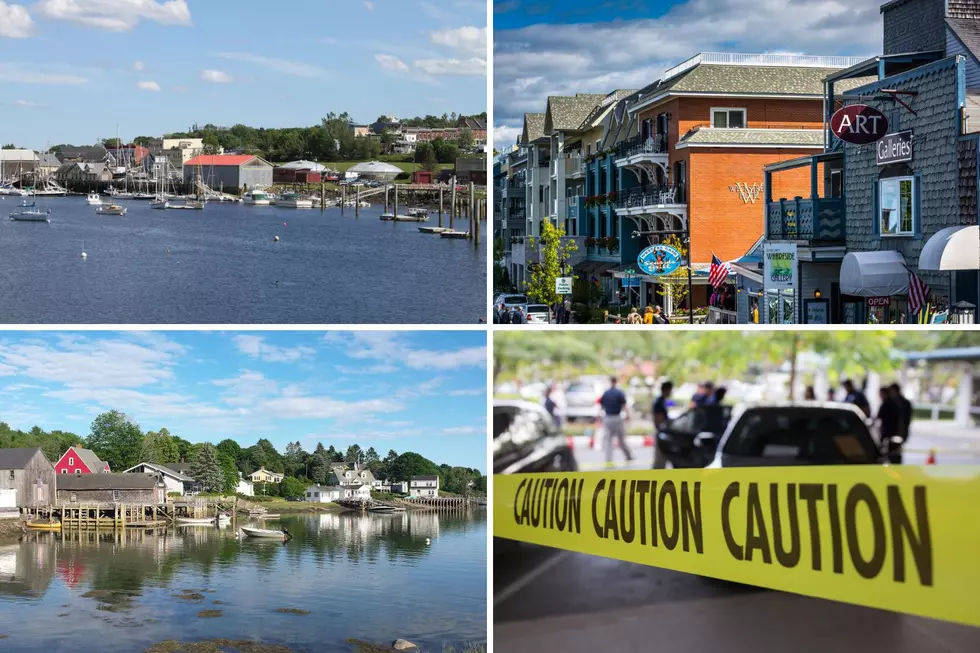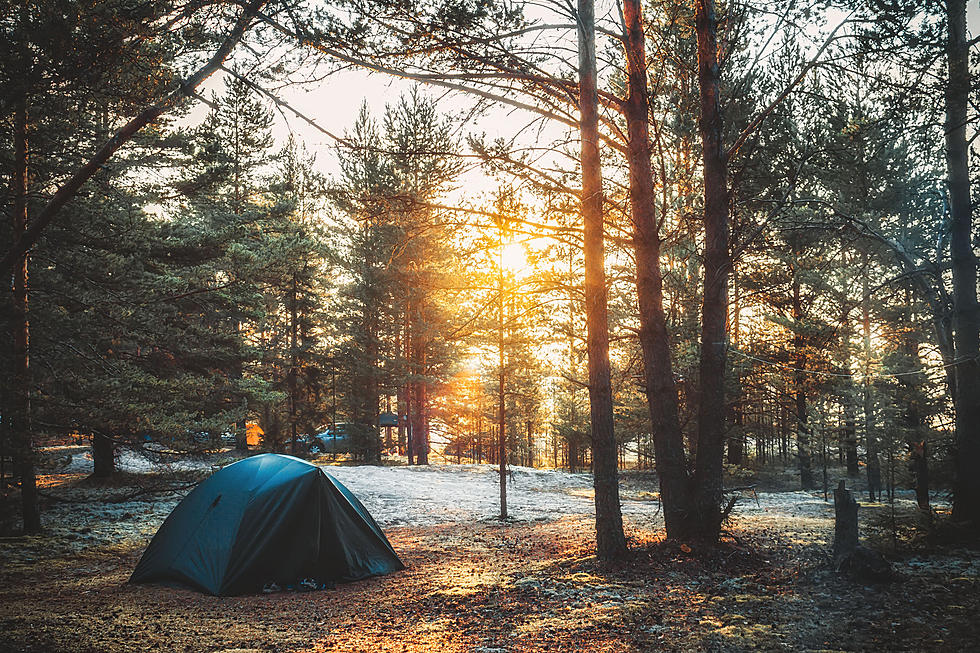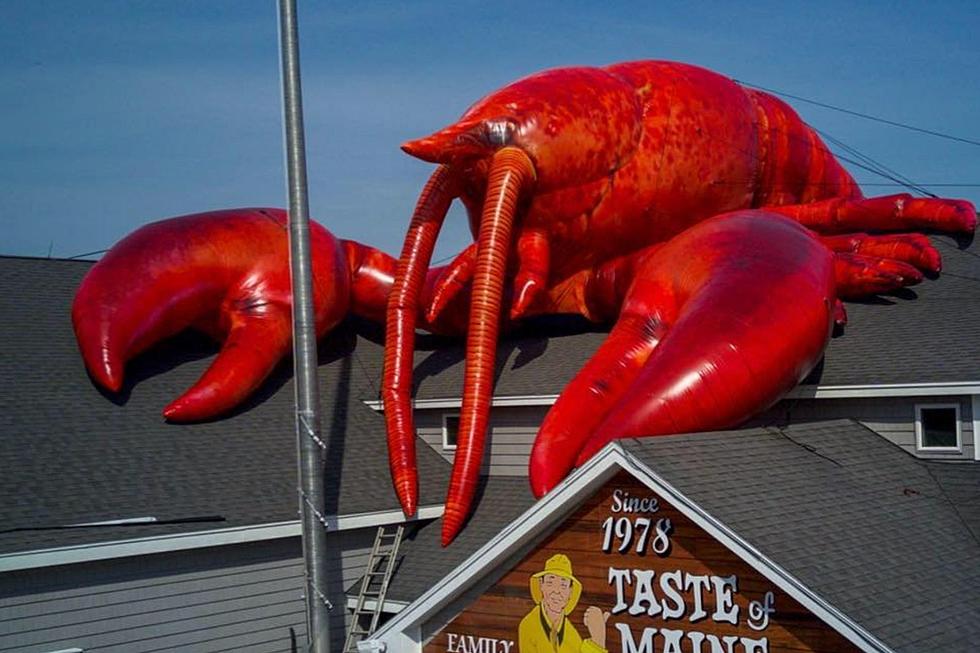
Browntail Moth Activity Expected to Be Bad In 2021
We've been hearing a lot about the Browntail Moth in recent years here in the State of Maine. It is an invasive species that has been killing oak trees as well as effecting humans with rashes and respiratory issues since the early 1900s but has been ramped up since the 1990's and again in recent years.
It is now a concern that this year could be one of the worst years for this invasive pests activity here in the State of Maine. The Maine Forest Service states that this year will be worse than last year's activity. Last year, the dry spring lead to a lack of disease in the population leading to a 'bumper crop' of caterpillars that dispersed in mid summer.
One entomologist from the Maine Forest Service told the Bangor Daily News that this year's activity could be much more worse than what we've seen in earlier outbreaks in the 1990s or when it's invasion began to be an outbreak in the early 1900s.
2021 has already seen a pretty dry winter, which will allow the current nesting caterpillar population to survive with little disease. Now, nearly half way through spring, the dry spring weather will undoubtedly keep the caterpillar population healthy and abundant, leading to an even greater population.
Winter nests have been found in every county in Maine, with particular prevalence in the Maine counties of Androscoggin, Cumberland, Knox, Lincoln, Sagadahoc and Waldo. Winter surveying has shown that the pest has creeped up the Penobscot River and along the I-95 corridor and into southern Penobscot, Oxford and Franklin counties.

Right now, we are the crossover of the caterpillars emerging from their winter nests. You will be able to see winter webs in the trees as well as the caterpillars, which will be distinctive by the two orange dots near the rear of the caterpillar.
For more information on what to expect of the Browntail caterpillar/moth's activity in the State of Maine, how to identify them or how to tell if you come across this invasive insect, visit the Maine Forest Service's page on the Maine.gov website.
10 Most Dangerous Critters in Maine
Seven Poisonous Plants In Maine That Can Hurt You
31 Haunted Places of Maine




